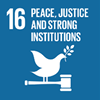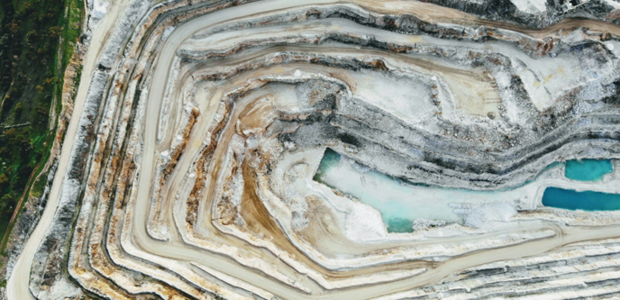
The extractive industries provide substantial government revenues in many low-income and middle-income countries, but efforts to diversify economies have been disappointing. Moreover, there are major revenue shortfalls due to ineffective regulation, under-reporting by producers, poor transparency, and badly designed tax systems. Incentives are still badly titled towards extraction, and away from protecting renewable resources such as biodiversity, forests and water as well as ending greenhouse gas emissions. The COVID-19 pandemic has also caused an unprecedented shock that has exposed the vulnerability of economies dependent on extractive revenues, and the project examines how to manage the revenue risks.
This project builds on the Extractives for Development (E4D) project undertaken by UNU-WIDER from 2014-18. The new project aims to further enhance the links established to senior policy makers, international organizations and the oil, gas and mining industries themselves to share lessons across regions, and to identify opportunities as well as risks (and ways of mitigating those risks), and to chart the future of the global extractives industries and the consequences for both low and middle income countries.
The project will deliver research papers, to be published in the WIDER working paper series. The first set of papers focus on identifying critical issues for the sector, in light of the impact of the COVID-19 pandemic as well as climate change. A monograph will be finalized in 2020, for publication in 2021, building on a book published by Oxford University Press from the previous UNU-WIDER project.
Key questions
- How to ensure that the extractives sector contributes to poverty reduction?
- How to ensure that the extractive sector has a minimal environmental impact?
- How to ensure that revenues for development from extractives are maximized?
Watch this space
All papers, events, briefs, blog posts, and opportunities to engage relating to the project will be available on this webpage.
UN’s 2030 Agenda for Sustainable Development
The research will address SDG 16: Peace, Justice and Strong Institutions. In addition, it will support the attainment of SDG 7 (Affordable and clean energy), SDG 12 (Responsible consumption and production, as well as SDG 13 (Climate action).
Context
Main subject
Theme: 2019-23, Transforming states
 Join the network
Join the network
